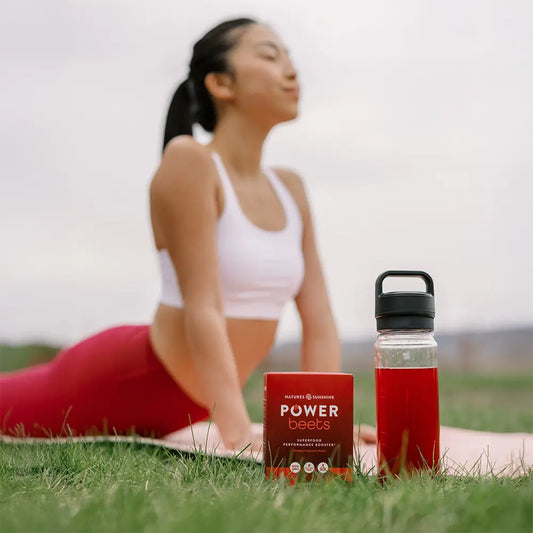Are you getting a good night’s sleep?

For many of us, a good night’s sleep may seem unattainable. We are desperate to sleep but as soon as our head hits the pillow, we toss and turn and are more awake than ever. Even if we do manage to drop off, we cannot stay asleep for long.
In today’s busy world, we try to cram as much in a day as possible, which makes it hard for the mind to unwind and the body to prepare for sleep. As a result, we wake up feeling drained and unable to perform at the top of our game. Even the young can experience lack of quality sleep. Students may stay up late cramming for an exam, hoping to retain that extra piece of information, but the lack of quality sleep results in the opposite effect.
There are many reasons for disturbed or poor-quality sleep. Stress is the number one reason, and health issues are also high on the list.
Top tips for better sleep:
Always see your health practitioner first to rule out any medical problem that is causing poor sleep. Otherwise, try these handy hints for getting to sleep and staying there.
- Exercise regularly. Just 30 minutes a day will help to promote healthy sleep, but don’t exercise close to bedtime as this will overstimulate the body.
- Avoid eating late and eating heavy evening meals. Allow at least two hours between finishing your meal and bedtime.
- Avoid alcohol, caffeine and nicotine, particularly before going to bed.
- Create a bedroom that is suitable for sleep and use it only for sleep and intimacy. Minimise noise and light, make sure the temperature is not too hot or cold (cooler is better) and keep the room well ventilated but with no drafts.
- Get into a routine of going to bed and waking up at the same time each day, with the optimal amount of sleep (7 to 8 hours). Wake up without the alarm, or forgo the snooze button if you can’t.
- Avoid doing things close to bedtime that may keep your mind active. Start to wind down instead by enjoying a hot bath, listening to relaxing music or meditating.
- Many herbs and nutritional supplements can assist in giving you a good night’s sleep and may also address some of the problems that contribute to poor sleep. These include the following:
For sleeplessness, try Valerian, Passion flower, Hops, Oats, Vervain and Zizyphus.
For stress and mild anxiety, try Hypericum, Passionflower, Valerian, Zizyphus, Oats, Vervain and Hops.
For hot flushes and night sweats, try Zizyphus and Sage.
For pain, try Turmeric, Boswellia and Devil’s Claw.
For restless leg syndrome, try magnesium and B complex vitamins.
For cramps and muscle spasm , try magnesium, calcium and B complex vitamins

